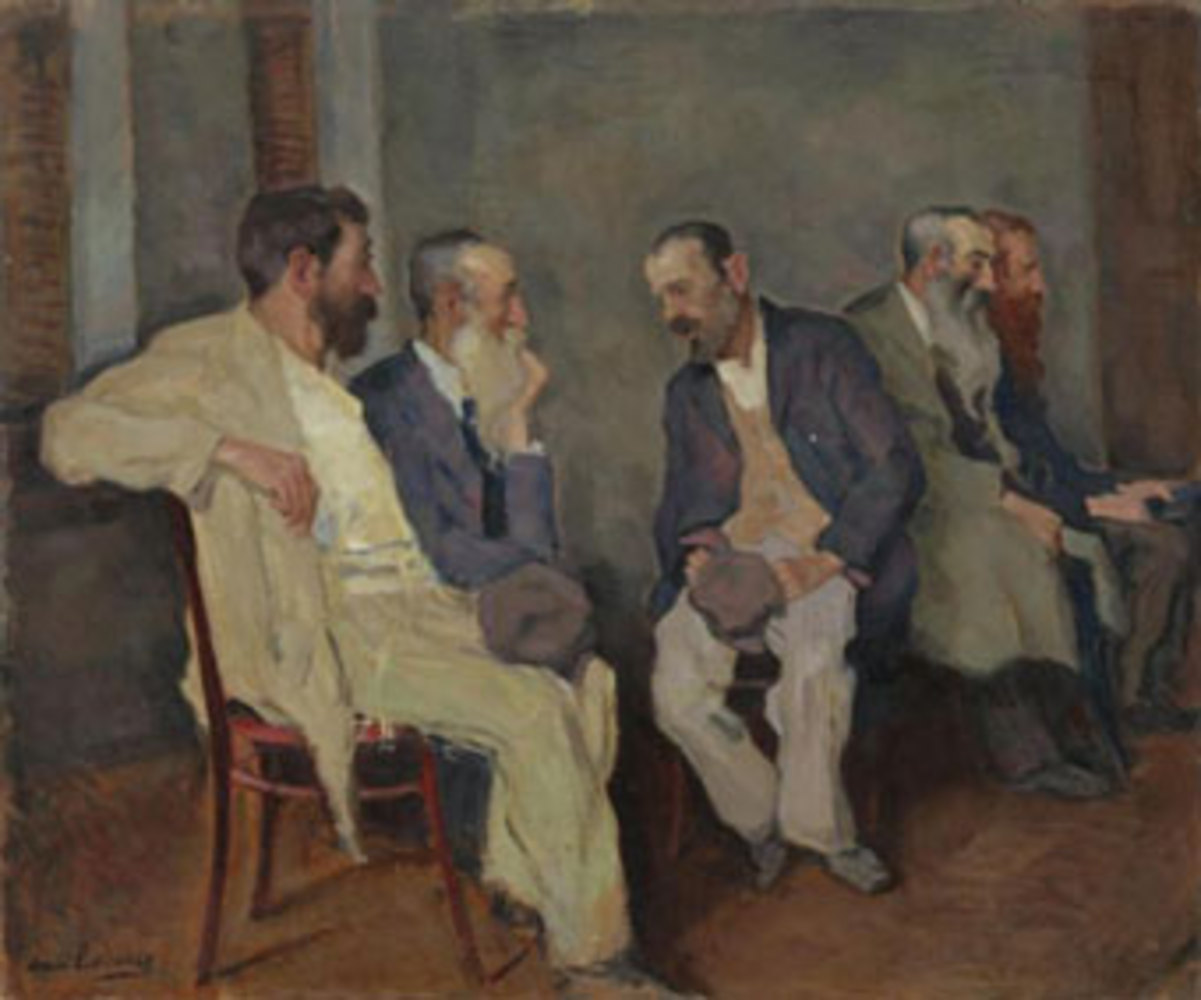Gossip you hear about others affects whether you even see  them, a new study has shown.
them, a new study has shown.
According to evolutionary biologists, exchanging juicy tit-bits about others is the human relationship-building equivalent of plucking fleas off each other. It also allows a person to learn the "value" of an individual they have never even met without the potential costs of first hand experience.
But to what extent hearsay influences how the brain regards the subjects of casual water-cooler conversations wasn't known.
Now a US team lead by Northeastern University-based scientist Lisa Barrett and her colleagues has shown that hear bad things about someone you've not even met strongly affects they way your mind sees them.
The researchers asked volunteers to look at images of neutral faces that were paired four times with statements describing either positive - "he helped an old man across the road", neutral - "he closed the curtains" or negative - "he threw a chair across the room" social behaviours.
The participants were then shown the same photographs alongside images of unrelated stimuli, such as a house, in a binocular rivalry task. This is where two images are presented side-by-side, one image in front of one eye, the other image in front of the second eye. The two images then fight for recognition in the brain such that initially just one image is perceived and then, a few seconds later, the other image becomes visually dominant and the first image is suppressed.
When this was happening, the study participants were asked to indicate - by pressing a button, which image they were consciously seeing at any one time. By measuring the relative lengths of the dominance durations, the team were able to determine which visual input the brain was selecting for conscious attention.
The study clearly showed that neutral faces paired previously with negative gossip were consciously viewed for significantly longer than faces paired with either neutral or positive gossip. The researchers ruled out the possibility that their subjects were just learning the negative information better than the positive by also asking them to perform a memory test where they had to categorise the faces according to the statements they had read; this they did without evidence that negative information was being better assimilated.
In other words, say the scientists, hearing that a person lied, stole or cheated makes it significantly more likely that a perceiver will see that structurally neutral but purportedly villainous face because faces previously paired with negative social information are prioritised for consciousness. But why should this be?
"This preferential selection for seeing bad people might protect us from liars and cheats by allowing us to view them for longer and explicitly gather more information about their behaviour," the team point out.









Comments
Add a comment